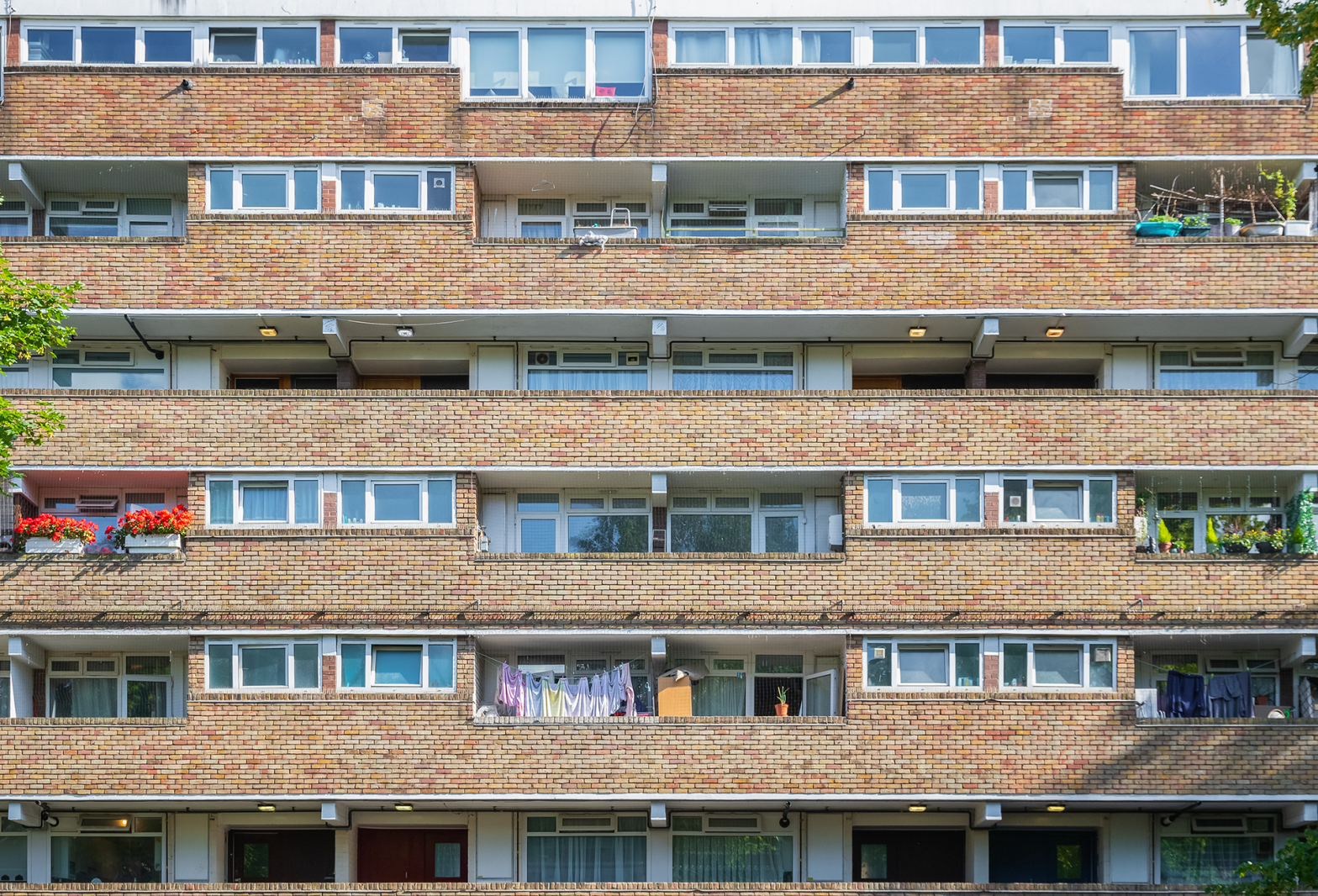What Is Commonhold And Why Is The Labour Government Pushing It?

The former Conservative Government and the current Labour Government agreed on one thing – the current way property is classified for sale and purchase in England and Wales, i.e. freehold and leasehold, is in desperate need of reform. On 3 March 2025, the Ministry of Housing, Communities and Local Government published a Commonhold White Paper detailing proposals to ban new leasehold flats and reinvigorate commonhold, making commonhold the default tenure.
Why does the Government want to reform leaseholds?
Although the concept of leaseholds derives from medieval times (peasants were required to pay landlords with grain for the use of their land), modern leaseholds, with their long leases and ground rent, developed in the 1920s. The reason so many flats are leasehold is due to the explosion in construction following the Second World War.
Various Bills in 1967, 1987, and 1993 attempted to reform the leasehold system. By 2010, leaseholders had a right of first refusal where landlords wished to sell their freeholds and could extend their leases or acquire their freehold.
The Commonhold and Leasehold Reform Act 2002 introduced the concept of commonhold as a way of holding land. Commonhold allowed purchasers to own the freehold of their flat and have joint responsibility for the common parts such as stairwells and landings etc through a Commonhold Association.
But Commonhold failed to take off.
Then came the extortionate ground rent charges on newly built homes, the Grenfell tragedy, and the cladding crisis. The calls to reform leaseholds became louder, and interest in the commonhold system has been revived. It is poised to become the default form of flat ownership in England and Wales.
What is commonhold?
The Whitepaper defines commonhold as:
“A form of freehold property ownership created in England and Wales, to enable individual properties within a building or larger development to be owned on a freehold basis.”
Used throughout the world, commonhold has been specifically designed for homeownership in shared blocks of flats and provides for the effective management and upkeep of buildings without a third-party landlord.
There are no leases, instead, unit-holders enter into a Commonhold Community Statement (CCS) that defines the rights, responsibilities, and rules for all unit owners within the commonhold. In addition, it is the governing framework for the Commonhold Association, outlining how the shared areas, structures, and facilities will be managed, maintained, and paid for.
What are the benefits of commonhold vs leasehold?
Until now, leasehold has been the predominant form of flat ownership. Due to lack of promotion and several legal complications, commonhold is rarely used, despite the fact it offers several advantages over leasehold, including:
- The value of a long lease reduces as the term runs down; this does not happen with commonhold.
- Rather than be dependent on the quality of the landlord or a management agency appointed by the landlord for maintaining common areas of the property, the Commonhold Association, whose members are unit-holders, manages the building.
- Commonhold eliminates the need for separate leases, which can be poorly drafted, leading to unenforceable obligations and disputes.
- Disputes between the Commonhold Association and unit-holders can normally be resolved through conciliation and mediation.
What is the Commonhold White Paper?
The Labour Government’s Commonhold White Paper:
- Sets out how the legal framework of commonhold will be reformed so it is fit for purpose and all known issues are accounted for.
- Details how commonhold will operate in the future, including become the default tenure for flats in England and Wales.
- Provides how the proposed changes will benefit consumers and the property sector.
- Highlights issues which still require further thought and legislative proposals, such as converting existing leaseholds to commonholds.
Will new leasehold flats be banned?
The Commonhold White Paper states:
“The UK government has committed to banning the sale of new flats on a leasehold basis to ensure that commonhold becomes the standard tenure. We see having a viable commonhold model as the essential first step towards the development of a ban, so we will not ban the use of leasehold until we are confident that a viable alternative, through reformed commonhold, is in place.”
Concluding comments
The reform of leaseholds is a long time coming and will dramatically change the property market in England and Wales. As expected, landlords are nervous about what the changes will mean, especially concerning their ground rent income and the value of their property. If you would like to discuss the Commonhold White Paper and its potential impacts, please do not hesitate to contact us.
![Chamber Commerce [company-city] Logo](/wp-content/uploads/2022/09/chamber-of-commerce-logo.png)








